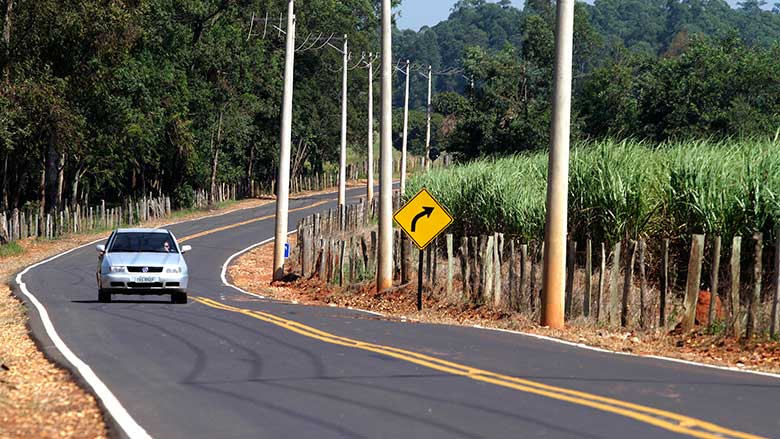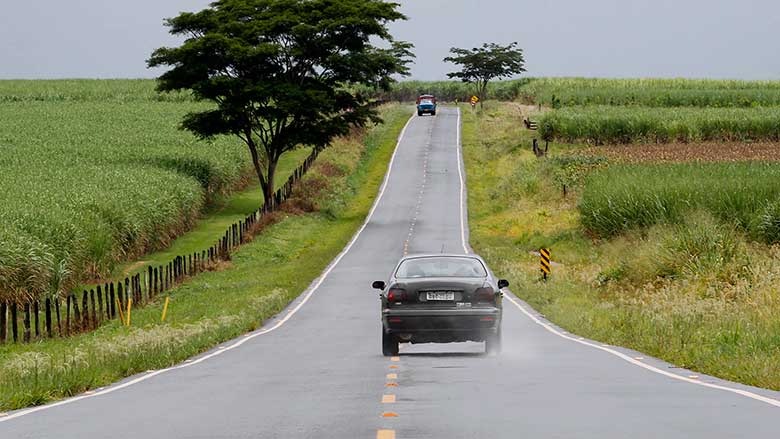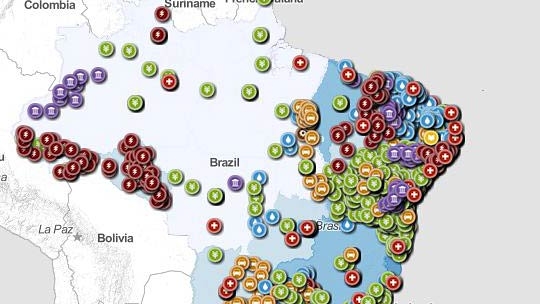Challenge
The paved feeder roads in the state of São Paulo, totaling 12,800 kilometers, constitute the essential backbone of mobility for the local communities in the 645 municipalities and provide crucial access to the state’s main transport corridors. By the mid-2000s, however, the condition of the roads had deteriorated to the point that over 60 percent were in poor condition, despite the state’s ongoing efforts over the preceding 30 years to pave and maintain them. This situation resulted in high transport costs and presented a bottleneck slowing economic development in the region.
Approach
The Brazil São Paulo State Feeder Roads Project was designed to assist the state of São Paulo in implementing the third and fourth phases of the its Feeder Road Investment Program (Pro-Vicinais), which had been initiated by the government in 2007 to substantially improve the condition of the rural paved roads. In addition, the project was developed to include World Bank assistance in improving public administration efficiency in planning and managing infrastructure programs, modernizing environmental management systems for assessing infrastructure projects, and consolidating the state’s capacity to attract private-sector participation in infrastructure improvements.



